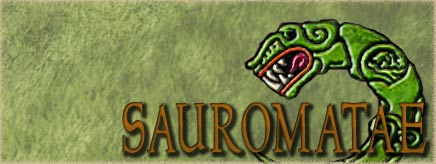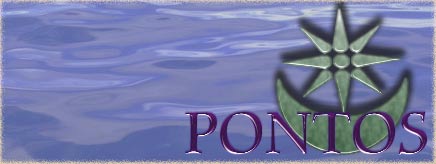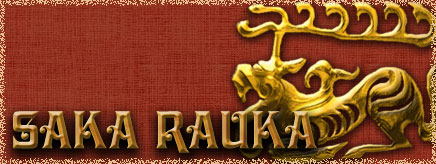Hello everybody. Over in the Throne Room we have a tradition of RPGs where players take the part of nobles in whichever kingdom we are playing in game (represented as the in game family members and generals). Generally in these games realism takes a bit of a back seat to a mix of having a fun game and verisimilitude.
In the latest such game there's been a bit of a discussion about the power of a king and feudalism. For context we are talking about Hungary circa 1222. In our "court room" there's some heated in character discussion about decisions pertinent to the kingdom's future and one player made an out of character statement on royal authority (you can find the whole post here ).
My first thought (and that of at least one player) was that this seemed very far off from how we thoguht of feudalism. All through university and the books I've read the theme seemed to be that feudalism was both a cause of decentralization and sometimes a cause of it, with feudal societies only slowly (at different times in different places) moving towards greater centralization of power in the hands of a monarch.
After being challenged to provide sources for my opinion I realized at best I might be able to have a bar room or typical internet forum debate on the subject. From me at least there'd likely be a lot of "I read or was told this", a few dubious internet sources, intermingled with whatever I can find quickly on the books I do own that touch on the subject (most of which are hopefully at least well sources but addressed towards the laymen).
So I thought I'd bring the discussion here where there are much more knowledgeable posters. Would anybody be able to address the subject, or suggest a book (if possible one available on Kindle)? I have a degree in Political Science, so I'm well able to slog through dry books on government if need be (in fact if we were talking something 500 years more recent or 700 years further in the past I'd likely be able to speak more authoritatively).





 Reply With Quote
Reply With Quote












Bookmarks